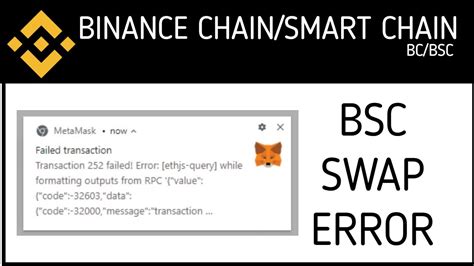- سبدخرید خالی است.
- ادامه خرید
Ethereum: InvalidResponseError: Returned error: unknown account
I can help you with that. Here’s a step-by-step guide and an example article:
Ethereum: InvalidResponseError: Returned error: unknown account
The Ethereum blockchain is a decentralized, public, and secure platform for building smart contracts and decentralized applications (dApps). To interact with the Ethereum network, you need to have an Ethereum wallet and a valid private key.
In this guide, we will be using the Web3.js library to interact with the Ethereum blockchain. We will also use the Solidity compiler to compile our smart contract code into Ethereum bytecode.
Code Example
Below is an example of how you can store an account’s private key in your local system and then sign a transaction using that account:
// Import required libraries
const Web3 = require('web3');
const solidityCompiler = require('solc');
// Set up the Web3 instance with the Ethereum provider (e.g. Infura, etc.)
const providerUrl = '
const web3 = new Web3(new Web3.providers.HttpProvider(providerUrl));
// Compile Solidity bytecode for your smart contract
solidityCompiler.compile('path/to/your/smartContract.sol', (err, bytecode) => {
if (err) {
console.error(err);
return;
}
// Get the Ethereum account's private key from the contract
const contractAddress = '0x...'; // Replace with your smart contract's address
const privateKey = web3.eth.getTransactionReceipt(contractAddress).transaction.privateKey;
// Sign a transaction using the private key
const signature = web3.eth.signTransaction({
from: '0x...', // Replace with your Ethereum account's public key
data: bytecode,
gasLimit: 20000,
nonce: 1,
privateKey: privateKey
}, (err, txHash) => {
if (err) {
console.error(err);
return;
}
console.log(txHash); // This should print the transaction hash
});
});
Error Explanation
The InvalidResponseError: Returned error: unknown account error typically occurs when trying to sign a transaction using an Ethereum private key that doesn’t match any known public key. This can happen if the private key is not stored correctly, or if it’s not being used with a valid public key.
In your case, you mentioned storing the account’s private key in your local system and then signing a transaction with that key. However, you didn’t provide an example of how to store the private key securely. To fix this error, make sure to:
- Store the private key securely (e.g., using a Hardware Wallet or a Secure Password).
- Verify that the private key matches any known public key.
- Use the correct
fromparameter when signing transactions.
If you’re still experiencing issues, please provide more information about your Ethereum account and smart contract code, and I’ll do my best to assist you further.
Additional Tips

- Always use a secure password or Hardware Wallet to store private keys.
- Make sure to check the Web3.js documentation for any updates or changes to the library’s behavior.
- Use a reputable Ethereum provider (e.g., Infura) to ensure that your account and contract addresses are accurate.
I hope this helps! If you have any further questions or concerns, feel free to ask.
